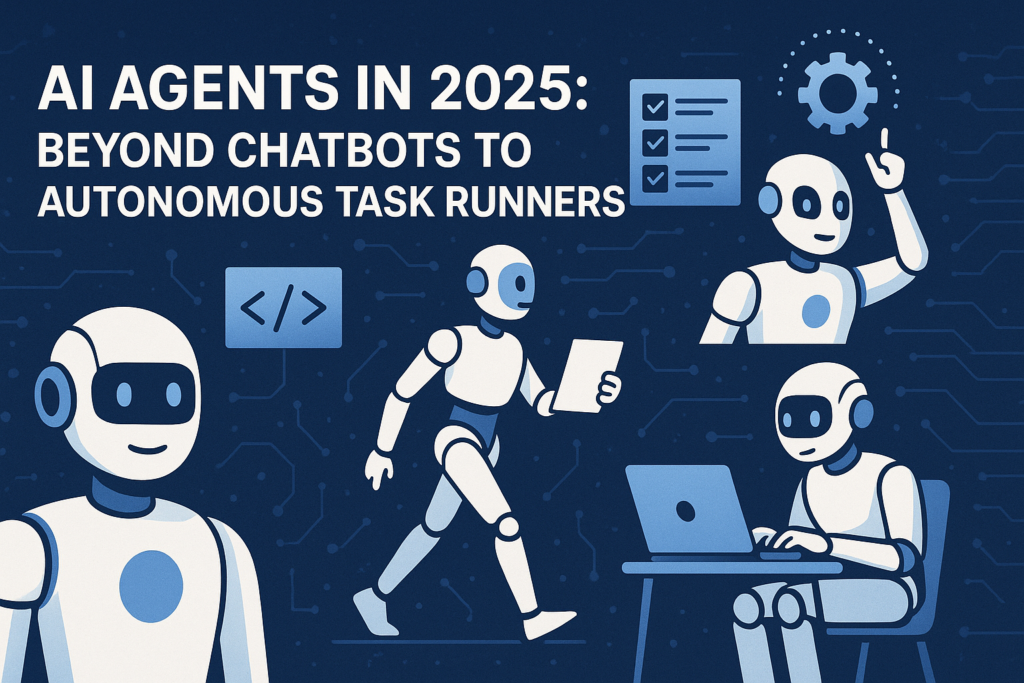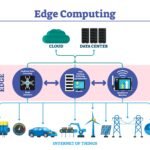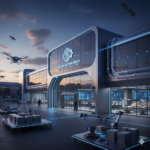If 2023 was the year of chatbots, 2025 is shaping up to be the era of autonomous AI agents. We’ve moved past simple conversational bots answering support tickets — now, AI agents are running complex tasks, collaborating with each other, and making real-world business decisions at scale.
Welcome to the age of multi-agent systems (MAS) — where AI agents work together like teams of digital employees, automating workflows, solving problems, and even innovating on the fly.
From Chatbots to Task Runners: The Evolution of AI Agents
Early AI agents were built around narrow, task-specific models. Think Siri answering weather questions or a chatbot routing you to the right support department.
But in 2025, we’re witnessing a shift toward goal-oriented, autonomous AI agents that:
- Plan and execute multi-step tasks
- Interact with APIs, databases, and software tools
- Coordinate with other agents in a network
- Adapt based on feedback and changing requirements
They don’t just assist anymore — they act.
What Are Multi-Agent Systems (MAS)?
A multi-agent system is a network of autonomous agents that communicate, collaborate, and solve problems together. Each agent is designed with its own abilities, objectives, and constraints — but they work toward a shared or complementary goal.
Think of it like:
- A team of AI agents handling a product launch — one manages content, another automates marketing campaigns, another tracks analytics, and another handles customer feedback.
- A swarm of agents running simulations to test different business strategies.
- A real-time procurement system where agents negotiate prices, place orders, and ensure compliance automatically.

Real-World Business Applications in 2025
Multi-agent systems are already reshaping how businesses operate. Here are some key use cases:
1. Sales and Marketing Automation
AI agents can now plan and execute entire campaigns:
- One agent drafts emails based on customer segments.
- Another schedules and monitors A/B testing.
- A third adjusts content based on real-time performance data.
2. Finance and Procurement
Autonomous agents can handle:
- Budget optimization
- Dynamic pricing models
- Vendor negotiations and contract evaluations
They work with ERP systems, monitor regulations, and flag anomalies instantly.
3. Customer Support
Going beyond chatbots, multi-agent systems manage entire support ecosystems:
- Triage agents classify incoming issues
- Resolution agents retrieve knowledge base content
- Escalation agents decide when to involve a human
All while learning from historical data to improve accuracy.
4. Product Development and R&D
In industries like pharmaceuticals and software:
- Agents run simulations
- Analyze trial data
- Generate reports and next-step recommendations
They can even suggest new hypotheses or features based on user behavior.
5. Operations and Logistics
In supply chain management, MAS enables:
- Autonomous fleet coordination
- Real-time route optimization
- Inventory predictions and order automation
6. HR and Talent Management
Agents can:
- Screen resumes
- Schedule interviews
- Monitor team productivity
- Personalize learning and development paths
Why Businesses Are Betting on Multi-Agent AI
✅ Scalability: Agents can work 24/7, handling thousands of micro-tasks simultaneously.
✅ Adaptability: They respond to changes without manual reprogramming.
✅ Collaboration: MAS allows task distribution and dynamic teaming across departments.
✅ Cost Efficiency: Businesses reduce overhead and human error in repetitive, time-intensive processes.
Challenges to Watch For
As powerful as AI agents are, businesses must also manage:
- Data governance: Agents need access to sensitive data — security and compliance are paramount.
- Coordination complexity: Poorly managed agent systems can clash or create bottlenecks.
- Ethical oversight: Decision-making agents require transparent and auditable logic.
- Human-AI collaboration: How agents and employees interact must be designed thoughtfully.
The Future: Agent Ecosystems and AI Marketplaces
Looking ahead, we may see:
- Agent-as-a-Service (AaaS) platforms
- Inter-company agent marketplaces, where businesses rent agents on-demand
- Agent IDEs and no-code agent builders for rapid deployment
- Legal personhood debates for agents making decisions with financial or ethical impact
Conclusion
2025 marks a turning point. AI agents are no longer assistants on the sidelines — they’re stepping into the game, running plays, and helping businesses win. Multi-agent systems are proving that when digital minds collaborate, the results can be nothing short of transformative.
Welcome to the next wave of automation. It’s not just artificial intelligence — it’s agent intelligence.






Leave a Reply